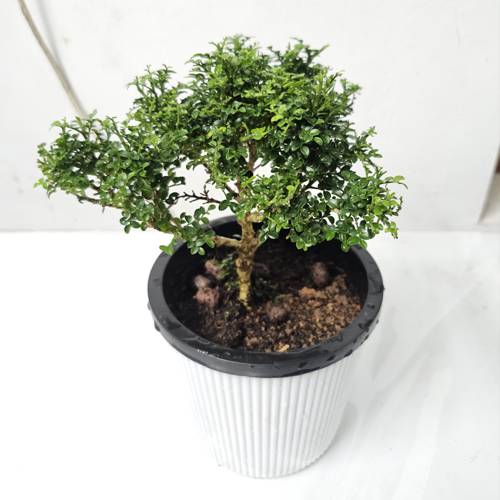
FAQ About Indoor Plant Sleep Cycle Effects

How do indoor plants affect air quality in a bedroom?
Indoor plants can improve air quality by absorbing carbon dioxide and releasing oxygen during photosynthesis. Some plants are also effective at removing toxins such as formaldehyde and benzene from the air, which can contribute to a healthier sleeping environment.

Can indoor plants help you sleep better?
Yes, certain indoor plants can help improve sleep quality. Plants like lavender and jasmine release soothing aromas that can reduce anxiety and promote relaxation, potentially leading to better sleep.

Which indoor plants are best for improving sleep quality?
Some of the best indoor plants for improving sleep quality include lavender, jasmine, aloe vera, valerian, and snake plant. These plants are known for their air purifying capabilities and calming effects.

Do indoor plants need light at night?
Most indoor plants do not need light at night as they primarily photosynthesize during the day. However, some plants that are kept under grow lights might require specific durations of light and dark periods for optimal growth.

Can indoor plants disrupt your sleep cycle?
While indoor plants generally have a positive impact on the sleep environment, overly fragrant plants or those with certain pollens might cause allergies or disturbances to some individuals. It's essential to choose plants that do not trigger allergies or sensitivities.

How do indoor plants psychologically impact sleep cycles?
Indoor plants have a calming psychological effect, as being close to nature tends to lower stress and anxiety levels. The presence of greenery can create a more tranquil ambiance, which fosters better relaxation and sleep.

Are there any downsides to having indoor plants in a bedroom?
Some potential downsides include allergies, the need for regular maintenance, and the possibility of overwatering leading to mold. It’s important to select the right type of plants that suit your living environment and health needs.

How does lavender help with sleep?
Lavender is known for its calming scent, which can reduce anxiety and stress. Studies have shown that the aroma of lavender can enhance the duration of deep sleep and improve overall sleep quality.

Do snake plants improve air quality in a bedroom?
Yes, snake plants are excellent at filtering airborne toxins and are known for their ability to produce oxygen even at night, which can improve air quality and contribute to a better sleep environment.

Can having too many plants in a room affect sleep?
While generally beneficial, excessive numbers of plants can lead to increased humidity and potentially encourage mold growth, which may negatively affect the sleep environment.
